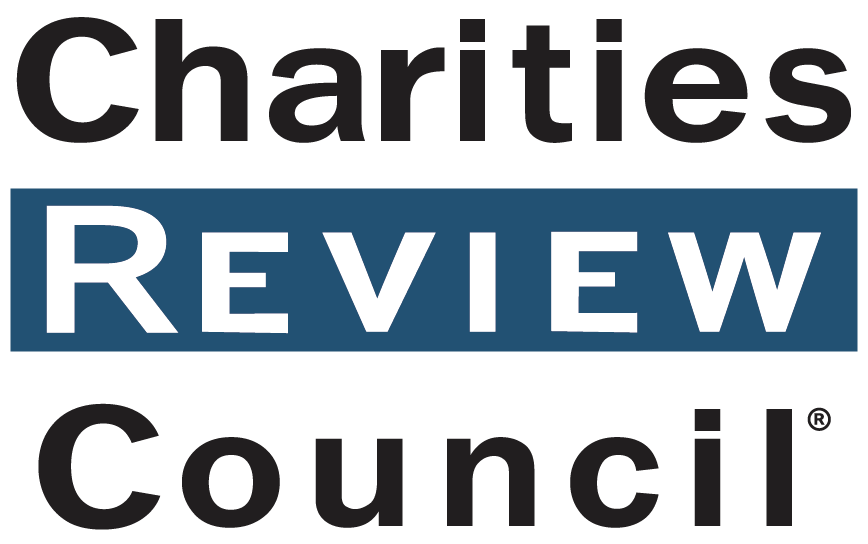As a community or country grapples with the devastation caused by a disaster, donation efforts play a pivotal role in addressing both immediate and future challenges.
Donations can be used to provide emergency assistance, such as shelter, food, and medical care for those impacted by the disaster. Funds are also critical to support mid- and long-term needs, such as rebuilding infrastructure and establishing programs focused on community preparedness and resilience.
By directing contributions to reputable nonprofits actively engaged in the disaster response, donors can help people recover and begin to rebuild their lives. Ensuring your donations are utilized effectively requires informed decision-making. There are crucial questions to ask and important aspects to be aware of before contributing to disaster initiatives.
What is the best way to give?
Cash donations are the best way to help those in need. Cash donations can be used quickly by local organizations to meet immediate needs and can be used to purchase relief supplies locally, bringing revenue to the local economy. Cash donations are also versatile, meaning organizations can help provide whatever is needed, no matter how fast the situation changes.
What is the organization’s track record?
Before donating to a relief effort, it’s essential to research the nonprofit organization’s track record. Look for a history of efficient resource utilization, transparency in financial reporting, and a consistent commitment to the cause. Verify whether the organization has successfully managed previous relief efforts and assess their impact. This will give you confidence in their ability to effectively channel your donation towards meaningful change.
How will my donation be used?
Donors should seek clarity on how their contribution will be allocated. Reputable nonprofits will openly share their financial breakdown, indicating the percentage of funds dedicated to program implementation, administration, and fundraising. Ask for specifics on the relief initiatives your donation will support, understanding the direct impact it will have on affected communities.
What long-term strategies are in place?
Effective relief efforts extend beyond immediate assistance. Consider donating now to an organization that can help during the crisis response, and also consider donating to an organization that will be focused on long-term recovery. Organizations that will be part of the rebuilding and recovery efforts will need our support for a long time to come, stretching far beyond our attention when the next story or crisis hits.
Are there local partners in place?
Effective relief efforts often involve collaboration with local organizations and communities. Nonprofits that work closely with local partners have a better understanding of the region’s needs and can implement culturally sensitive and contextually relevant solutions.
What about international disasters?
Apply these same questions to international-serving organizations. Not sure where to begin? The Center for International Disaster Information provides helpful resources and insight.
As a donor, your generosity can drive positive change in disaster relief and recovery efforts. Research, transparency, and a focus on sustainable solutions are key. By asking the right questions and staying informed, you can ensure your contributions make a lasting impact on the lives of individuals and communities in need.

